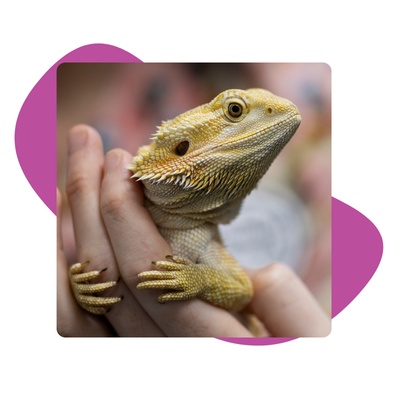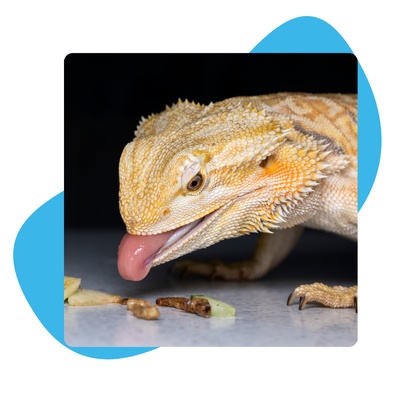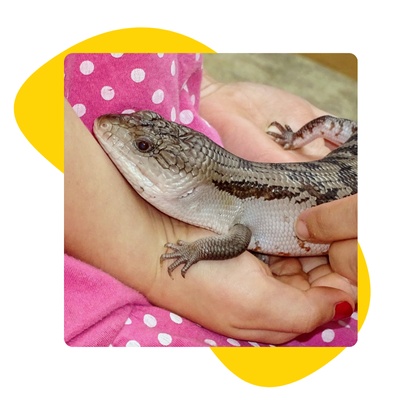Most people are familiar with Salmonella, a type of bacteria that can cause disease in humans and animals. Salmonellosis is the illness caused by infection with Salmonella, and it typically presents in humans with diarrhoea, fever, abdominal cramps, nausea, vomiting, headache, muscle aches, and fatigue. In vulnerable individuals, such as infants, the elderly, or immunocompromised people, the infection can be severe and, in rare cases, even fatal.
We explore how reptile owners can reduce the risk of Salmonella infection through safe handling practices, proper hygiene, and responsible reptile care.



